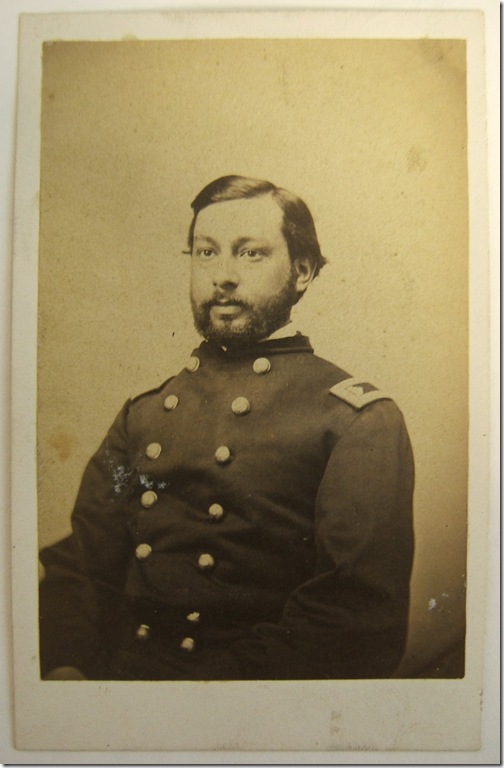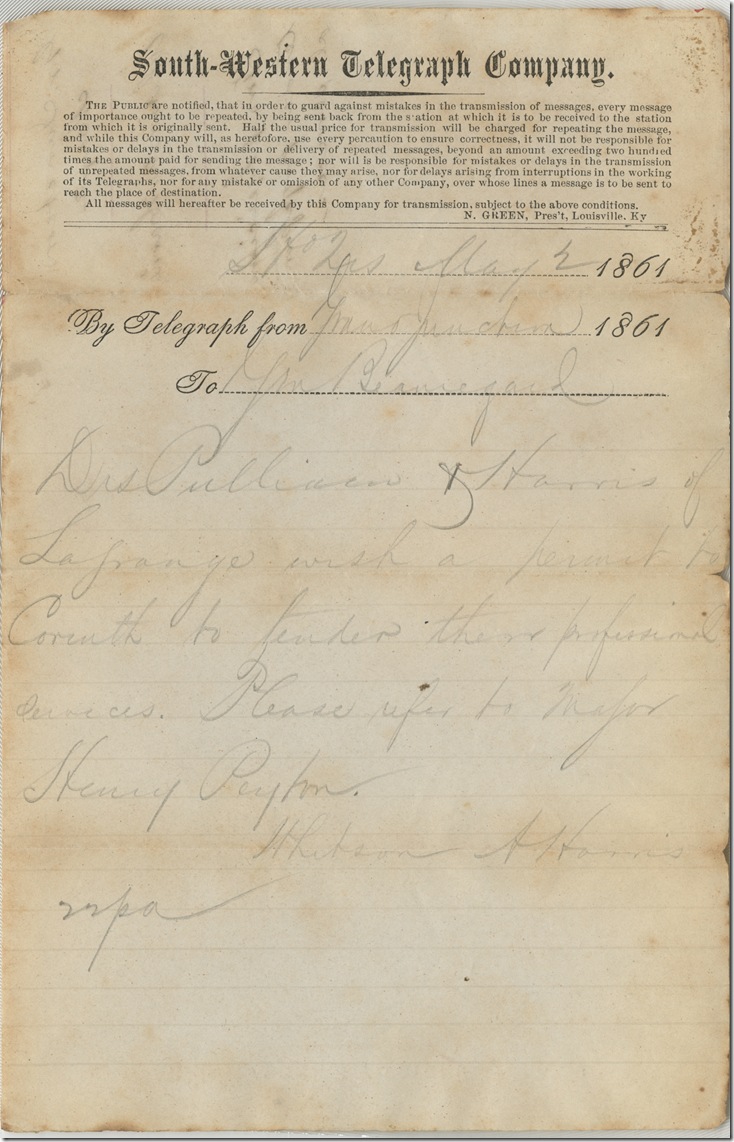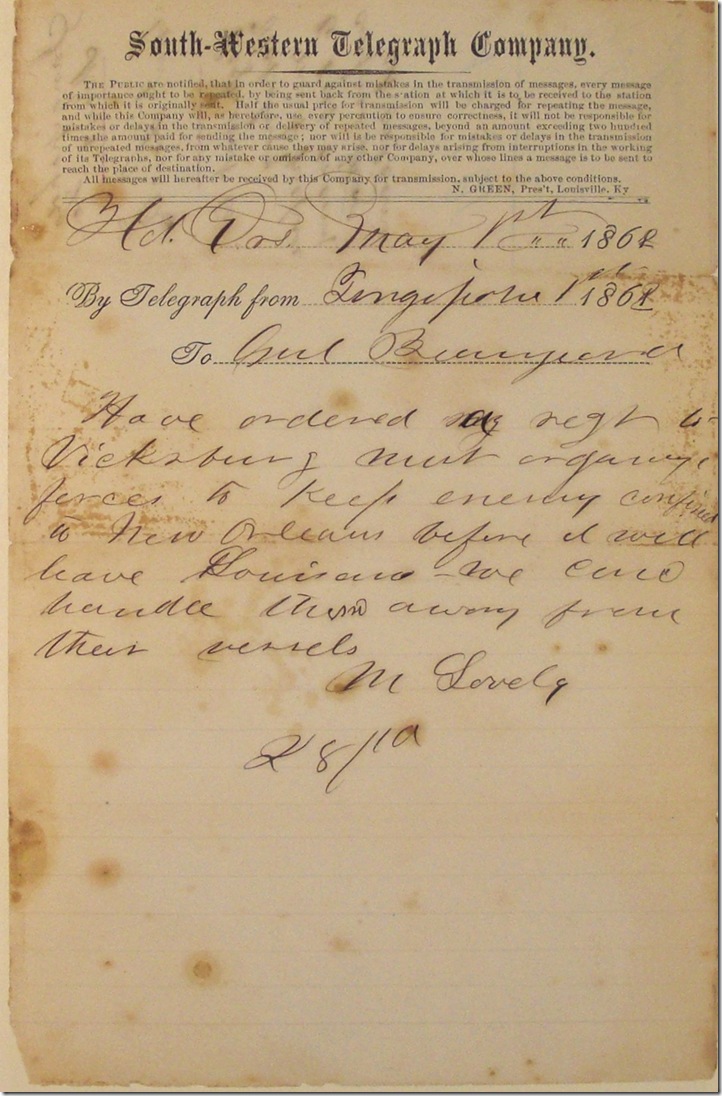
Transcript (excerpt):
Page 1, Upper and Lower Halves
The Fall of New Orleans
The Rebels in an Inconsolable Condition
Commodore Hollins Surprised
Probable Total Destruction of the Rebel Iron-Clad Vessels
Our Correspondent at Fortress Monroe has received Norfolk and Petersburgh (Va.) papers of Thursday, and on information contained in them telegraphs as follows:
The rebels are inconsolable in their wailing over the fall of New-Orleans – some charging Gen Lowell with treachery. Commodore Hollins passed through Columbia, S.C. en route for Richmond on Saturday. He expressed himself as perfectly amazed at the fall of the Crescent City. He stated that there were one hundred heavy guns in position on the levee between Fort Jackson and the city; that the Louisiana was ready and waiting; that numerous boarding parties composed of active young men, were organized to board and take the National vessels at all hazards, and that the Mississippi, the consort of the Virginia [paper ripped along crease] into action.
Information was received at Norfolk, Virginia that Capt. McIntosh, the supposed commander of the gunboat Louisiana, at New-Orleans, had been badly wounded, when or where was not stated. From the same source it was also learned that Capt. Thomas Huger, supposed to be the commander of the McRae, was mortally wounded in the same engagement.
The following are all the additional items regarding the fall of New-Orleans that can be gleaned from the papers:
Commodore Farragut had proposed terms of capitulation to Mayor Monroe, which the latter had accepted, and the City of New-Orleans was at least accounts held by a battalion of marine from the squadron. Gen. Butler’s forces were within a few miles of the city, having landed on Lake Pontchartrain.
Citation: New York Times. 3 May 1862. Gift of Steven and Susan Raab. AN .N5682



